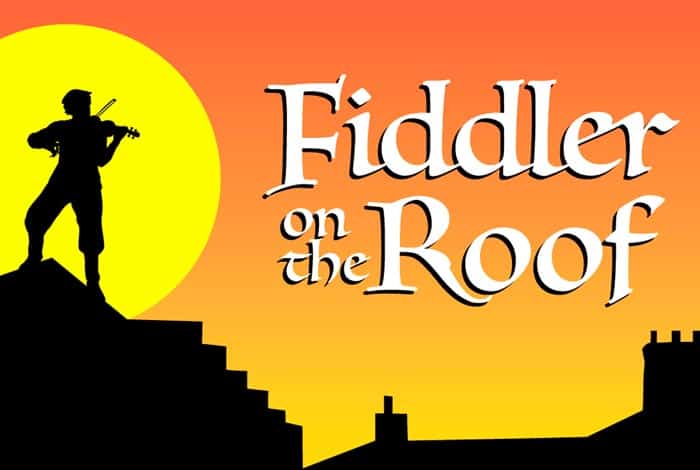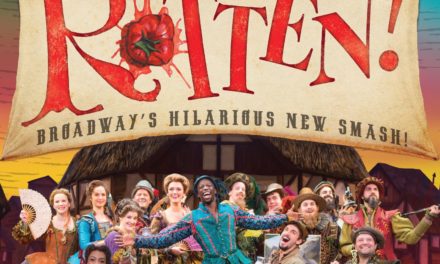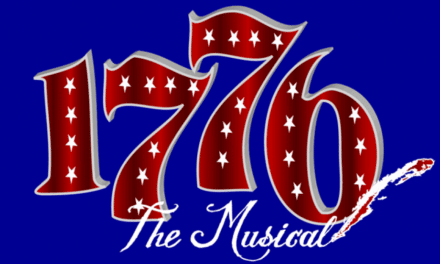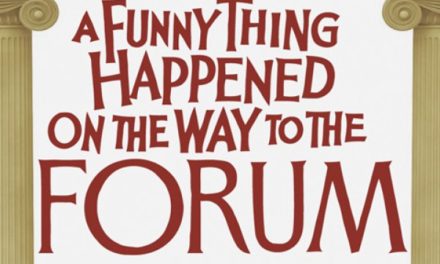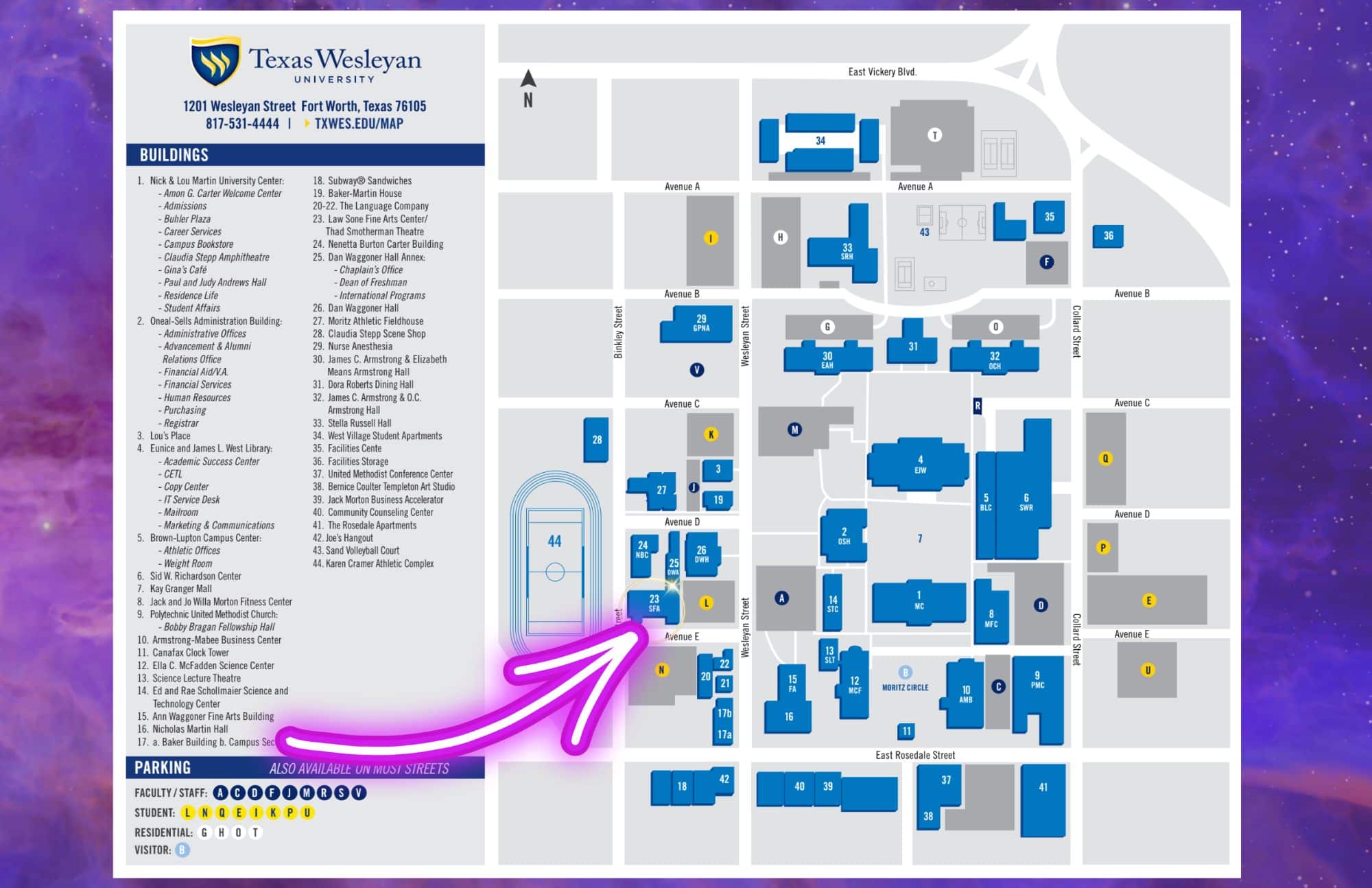If you can only pick one model to study, just one lesson in traditional musical theatre writing, choose Fiddler on the Roof. Everything in it contributes to the storytelling; not a word is wasted. Every line is either funny or moving in some way. The show was the final original musical in the stunning career of director-choreographer Jerome Robbins, who demanded writers provide clear and expressive narratives. His previous two creations, Gypsy and West Side Story, are well worth studying as well.
The story of a Jewish family in czarist Russia is exotic, but also manages to be universal. Wherever the work is performed, people embrace it as their story. When it was first done in Japan, one of the creators was asked, “How did you know so much about the Japanese people?” There were similar reactions in Finland, South Africa, Brazil “all over the world.
The opening number, “Tradition,” explains what’s unfamiliar about the world (“We always keep our heads covered”) as well as what’s common to all societies (“Who does Mama teach to mend and tend and fix, preparing me to marry whoever Papa picks? The daughters!”). The song introduces various characters, and, most delightfully, the four segments of families sing in counterpoint. Once the goal of upholding traditions is established, the rest of the play shows how they get dissolved. The eldest daughter wants to marry for love, rather than money, and her father must deliberate between what his heart and his head are telling him to do. Then, he must sell the idea to his wife with an elaborate deception. This first dissolution of a tradition is simultaneously emotional and comic.
The happy (and, again, very emotional) celebration of their wedding is disrupted by Cossacks. Fiddler on the Roof deftly makes the sharp turn from joyfulness to devastation. It also sets up the humble dairyman, Tevye, in three functions: First, he’s the narrator, guiding us through this strange world. Mostly, he’s the father of five daughters, dealing with the unusual marriages of the first three. But he’s also the representative of his community, the Jew who’s friendly enough with the Russian officers to deal with them, and to receive the news that the Jews are being forced to leave the country. So, he’s more than any one of these functions. He’s not just a narrator, he’s a guy we care about. He’s not just a father, but one who’s always struggling to accommodate the feelings of his daughters while trying to uphold traditions. He’s no ordinary Jewish man, but one who gets along with the Russians. And yet, at heart, he’s very ordinary, with the ordinary aspirations so joyously set out in “If I Were a Rich Man.”
Jerry Bock’s music makes ample use of dominant sevenths with an added flat ninth. “Sunrise Sunset,” “Sabbath Prayer” and “Anatevka” are in minor keys, and there’s a wide variety of rhythms associated with Jewish and Russian music. It’s so definitively a portrait of its world, the music of Fiddler on the Roofhas come to stand for Jewish culture; no other score has ever been so connected with an ethnic group.
Joseph Stein’s book is filled with the types of jokes long associated with Jewish humor, and Sheldon Harnick’s lyrics are, as always, made up of specific and telling images. It’s easy to picture all those “Rich Man” images Tevye dreams about, and “Sunrise Sunset” accurately delineates feelings parents go through at weddings. The second act contains two excellent examples of the craft of song construction. “Do You Love Me?” starts with a repeated single note and then moves on to a more lyrical answer, but it never settles for the clichés of romantic expressions. In essence, it’s a non-love song, with the couple refusing to admit love. Once they do, they quickly qualify it with “It doesn’t mean a thing!” which undercuts the sentimentality that might seem out of place if put forth in a straightforward manner. “Far From the Home I Love” colors the struggle of a daughter breaking her father’s heart by constantly shifting between the major and the minor. She’s happy to have found a husband she loves, but is simultaneously sad to be leaving home and family. The last phrase, “yet there with my love, I’m home,” contains a diminished fifth in its second to last interval: hard to sing, hard to hear, but even harder for the character to say.
For more information on Fiddler, check out this Fiddler on the Roof Study Guide.

